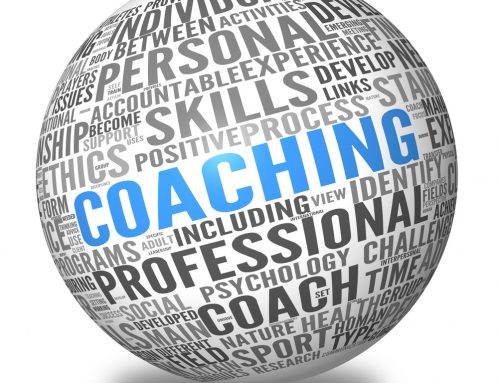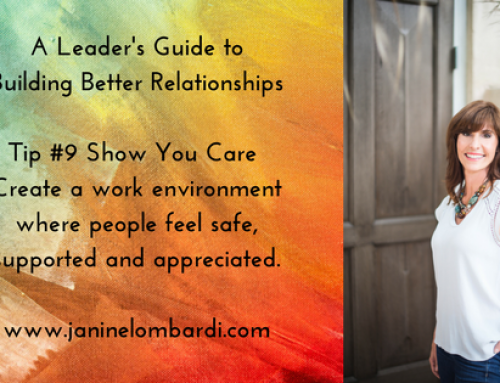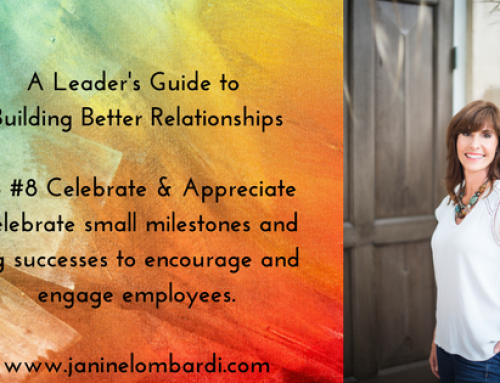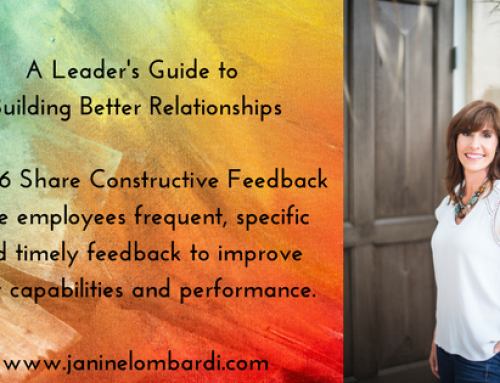I have always been one to give my fullest effort, but at a certain point in my life between family, career and well-being that became almost impossible. As I started to reexamine my life, I began to flip my thinking and ask how little can I do and still achieve the maximum benefit. When is the least amount enough?
Always up for a challenge, when a girlfriend asked if I wanted to run a half marathon, of course I said yes. She sent me a 12 week training schedule, I laced up my shoes and off I went. When I started to log longer 6 to 8 miles runs, the time commitment became significant. I successfully completed my first race and even did a second one, before I asked myself do I really need to be running that much? Turns out the answer is no. Running 6 miles a week is plenty. So now in less than a half an hour I run a couple miles a few times a week.
I started to apply this concept to my work. Whether it’s writing a speech, creating a presentation or curating copy for social media. I ask myself, “What is the least amount of time and effort I need to put forward to produce work that I am proud of?” This seed had been planted, as I learned that work will expand to the time that you give it. So if you think you need 4 hours to do something, it will indeed take you that long. But what if you allocated 90 minutes? (The ideal length of time to work until you need break.) You’ll be amazed at what you can get done. Using this practice, the other day I prepared and created the content I needed for three up coming workshops!
Figuring out how to spend quality time with family members can be a challenge as well. Childhood goes fast, and I don’t want miss a moment with my 14 year old son. At this stage in his life he has his own time commitments and social schedule. When I let go of feeling I had to spend every free minute with him that he wasn’t in school, it started to elevate the time we did spend together. We sit and eat meals together. I worry less about how much time I spend in the kitchen actually cooking and focus more on how much time we can spend at the table talking. I also found spending time walking our dog – just 15 minutes around the block really gives us a chance to talk and be present with one another.
My personal relationships with friends are also very important. But I realized I don’t have to spend 4 hours on an evening out with someone. If we can find an hour to spend together over a walk or a quick meal it’s so much more realistic. I’d rather see a friend more frequently, for shorter spurts than once every few months when we can find a night we are both free.
All of these tweaks free up time for my own self-care. And maybe I don’t have two hours to curl up on the couch and read a book, but it doesn’t mean I don’t have 15 or 20 minutes which brings me that same sense of ease and joy. Do things you love to do – play music, meditate, garden – even for a short period of time and it will work wonders for your well-being.
How would you fill in the blank: I don’t have two hours to ___________ but I have 15 minutes. Then go do it!







Leave A Comment